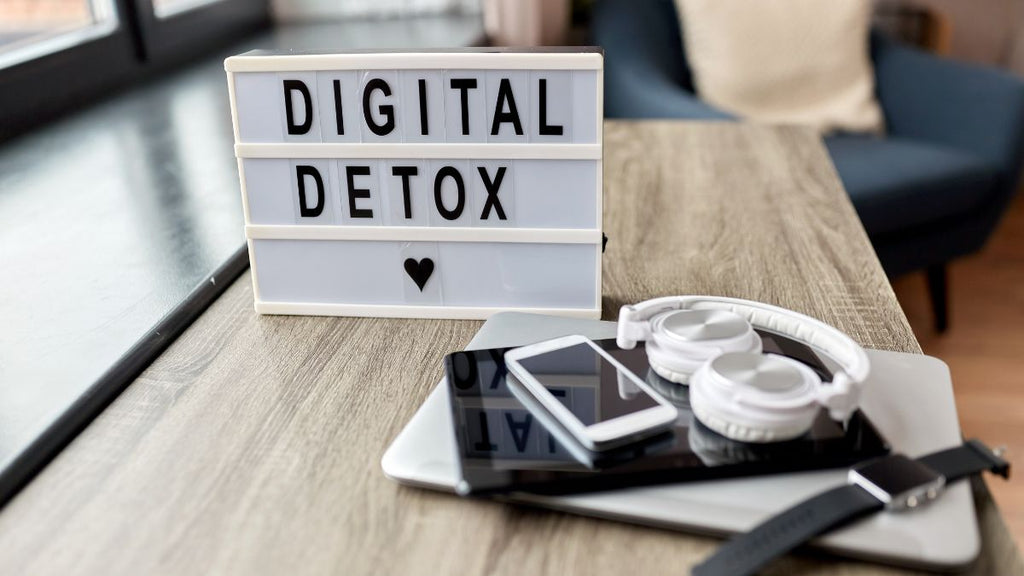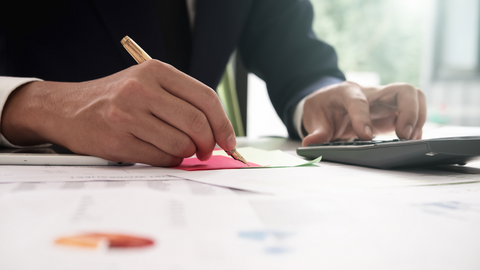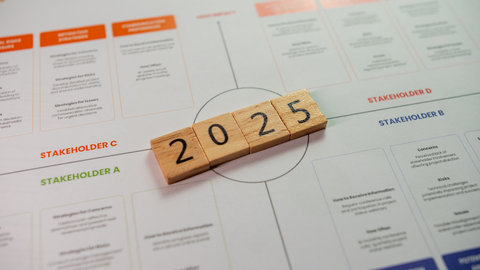Blog / Strategic Growth / Digital Detox: Can Unplugging Make You More Productive?
Digital Detox: Can Unplugging Make You More Productive?

In an era where our lives are intertwined with screens and digital devices, the concept of a digital detox feels almost revolutionary. From social media notifications to work emails and streaming services, our digital world offers endless possibilities but also countless distractions. Many of us are left wondering: can stepping away from our devices truly enhance our productivity, or is this just a trendy buzzword? Let’s dive deeper into the world of digital detoxing, uncover its potential benefits, and explore practical ways to integrate it into our lives.
What Is a Digital Detox?
A digital detox is a conscious decision to disconnect from electronic devices—smartphones, laptops, TVs, and tablets—for a designated period. The purpose isn’t to abandon technology entirely but to reset our relationship with it. It’s about creating intentional boundaries to regain focus, reduce stress, and improve well-being.
This practice is increasingly popular as people realize how deeply technology impacts their productivity and mental health. The average person spends over seven hours a day on screens. While some of this time is productive, a significant portion is lost to distractions like social media scrolling or binge-watching. A digital detox aims to reclaim that lost time and put it to better use.
The Productivity Trap of Technology
While technology offers incredible tools for work and communication, it also presents unique challenges. Many of us fall into the trap of "pseudo-productivity," where we feel busy but achieve little.
For example, checking work emails frequently throughout the day might feel productive, but it often disrupts deeper, more focused tasks. Similarly, bouncing between apps and notifications can leave us mentally drained without accomplishing much.
Studies have shown that multitasking—like replying to texts during meetings or toggling between tasks—reduces productivity by up to 40%. The constant interruptions from notifications also trigger a dopamine loop, making it harder to resist distractions. In this context, a digital detox can help break the cycle and restore focus.
The Benefits of a Digital Detox
Disconnecting from digital devices can lead to profound improvements in various aspects of life, including productivity. Here are some of the key benefits:
-
Improved Focus
Stepping away from screens eliminates distractions, allowing your brain to engage in deep work. This type of focused effort is often where high-quality results are achieved. -
Better Time Management
Without the temptation of endless scrolling or app hopping, you can better allocate your time to tasks that truly matter. -
Enhanced Creativity
When you unplug, your mind has the space to wander and explore ideas. Many creative breakthroughs occur when you're away from screens and immersed in offline activities. -
Reduced Stress and Anxiety
Social media and constant notifications can create a sense of urgency and comparison. A digital detox allows you to reset and regain emotional balance. -
Strengthened Relationships
Engaging in face-to-face interactions without the distraction of devices can deepen connections with family, friends, and colleagues. -
Improved Sleep
The blue light from screens interferes with melatonin production, disrupting sleep cycles. A detox, especially in the evenings, can promote better rest.
How to Implement a Digital Detox
If the idea of going completely offline feels overwhelming, don’t worry—a digital detox doesn’t have to be extreme. Start with small, manageable changes and gradually expand. Here’s how to get started:
-
Set Clear Goals
Define what you want to achieve with your detox. Are you aiming for more focus at work, less stress, or better sleep? Knowing your “why” helps you stay motivated. -
Designate Tech-Free Zones
Create areas where devices are off-limits, such as the bedroom, dining table, or during family gatherings. These zones encourage quality time and relaxation. -
Establish Screen-Free Hours
Block out times during the day where you avoid screens altogether. For instance, try a no-tech hour after waking up or before bedtime. -
Turn Off Non-Essential Notifications
Limiting notifications can significantly reduce distractions. Prioritize only the most important alerts, like calls from family or work emergencies. -
Replace Digital Activities with Offline Alternatives
Use the time you'd typically spend on your phone for hobbies, exercise, or socializing in person. Offline activities provide a refreshing change of pace. -
Start with a Short Detox
Begin with a few hours or a single day before attempting longer periods. Gradual steps make the process less daunting and easier to maintain.
Does It Really Boost Productivity?
While the idea of unplugging sounds appealing, does it actually improve productivity? Research and real-life experiences suggest it does. A study by the University of California, Irvine, found that workers who minimized interruptions were 50% more productive than those constantly switching between tasks.
Additionally, disconnecting allows your brain to enter a state of deep work, where you can concentrate on complex tasks without interruptions. This results in higher efficiency and better outcomes.
Case Study: The "No-Phone Challenge"
Emma, a marketing executive, conducted a personal experiment: she avoided her smartphone during work hours for a week. Initially, she felt anxious about missing updates. However, by the third day, she noticed significant improvements in her focus and energy levels. By the end of the week, Emma had completed projects faster and felt less mentally fatigued. Her takeaway? "It’s not about eliminating technology—it’s about controlling it."
The Downsides of Overdoing It
While a digital detox has its advantages, it’s important to strike a balance. Completely cutting off access to devices might hinder work, especially for professionals who rely on technology. The goal is moderation, not total isolation.
Final Thoughts
A digital detox isn’t about rejecting technology; it’s about using it more intentionally. By stepping away from screens, even for short periods, you can improve focus, creativity, and overall productivity. In a world that never stops scrolling, unplugging might just be the secret weapon for achieving more with less stress.
Are you ready to take the first step? Try a short detox today and see the difference it makes in your productivity and well-being.







